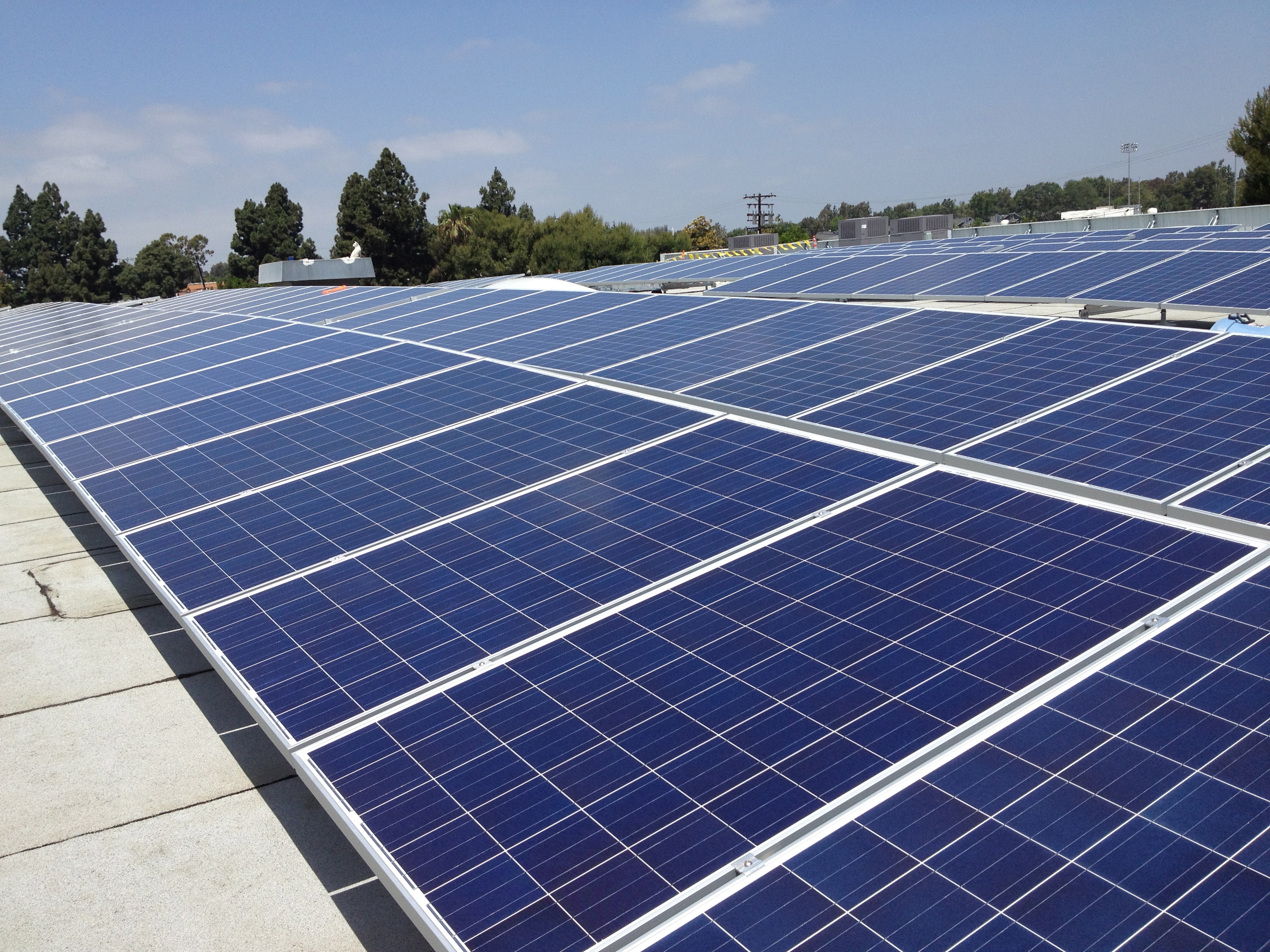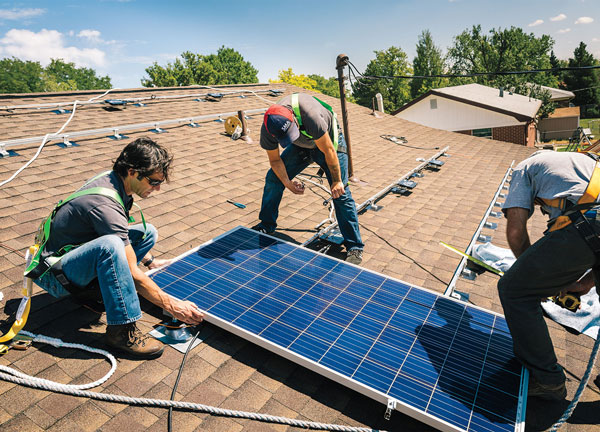Exactly How to Select the Right Solar Energy Setup for Your Power Requirements
Selecting a suitable solar power installation needs a methodical approach that starts with a clear understanding of your energy intake patterns and awaited future requirements. Aspects such as the type of solar technology, installation expenses, and readily available incentives play essential roles in making an informed choice.
Assess Your Energy Needs
Assessing your power requires is an important initial step in the solar energy setup procedure. Understanding your existing and future power consumption will guide the style of a reliable solar system customized to your demands. Beginning by analyzing your energy expenses from the past year to establish your average regular monthly power usage, normally measured in kilowatt-hours (kWh) This information will provide a foundation for determining the dimension of the solar system you may need.
Consider seasonal variants in power intake, as certain months may demand more power due to heating or cooling needs. Additionally, assess any type of organized adjustments in lifestyle or building, such as the purchase of electric vehicles or home expansions, which may increase your power needs in the future.
As soon as you have a detailed understanding of your energy intake, you can establish the ideal solar capacity needed to meet those needs. This assessment not only aids in sizing the solar installation but additionally notifies decisions concerning power storage remedies and possible grid connection demands. solar photovoltaic. Eventually, properly gauging your power requires guarantees that your solar power system runs effectively, providing the benefits of renewable resource abreast with your intake patterns

Evaluate Solar Modern Technology Options
When taking into consideration a solar power installment, it is necessary to evaluate the numerous solar modern technology alternatives readily available to make certain the system aligns with your power demands and budget plan. The main innovations include monocrystalline, polycrystalline, and thin-film photovoltaic panels, each offering distinctive benefits and disadvantages.
Monocrystalline panels are recognized for their high performance and performance in limited space, making them appropriate for domestic setups with less roof covering location. Nonetheless, they often tend to be much more expensive. Polycrystalline panels, while a little less efficient, are normally much more budget friendly and can be a good choice for bigger setups where room is not a constraint. Thin-film photovoltaic panels are lightweight and adaptable, optimal for non-traditional surface areas, however they usually have reduced effectiveness and call for more room to produce the exact same power result.
In addition to panel types, think about solar inverters, which convert the direct current produced by the panels right into rotating present for home use. String inverters, microinverters, and power optimizers each have distinct advantages that can influence system efficiency. Evaluating these alternatives will certainly help you make an informed decision that satisfies your power requirements efficiently.
Think About Setup Prices
Comprehending installment expenses is critical for anyone considering a solar power system. These expenses can vary considerably based on several factors, including system size, sort of panels, and installation intricacy. A regular domestic solar installation may vary from $15,000 to $30,000 prior to incentives, which can be a considerable in advance investment.
To accurately assess installation prices, it is important to obtain detailed quotes from numerous solar carriers. These quotes must damage down the expenses of equipment, labor, allows, his explanation and any type of extra accessories needed for the setup. Pay close attention to the quality of products being used, as higher-quality panels and inverters can cause better performance and long life, potentially countering higher initial costs.
In addition, think about the lasting effects of installment expenses. A less expensive installment may conserve money ahead of time however could cause greater upkeep costs or minimized energy production over time. It is additionally suggested to assess funding choices, such as solar lendings or leases, which can impact your overall economic commitment.
Study Citizen Incentives
Exploring local motivations can dramatically affect the overall cost of a solar energy setup. Numerous regions provide a selection of monetary rewards focused on advertising renewable energy use, making solar energy much more available and economical for house owners and businesses alike.
These rewards may consist of federal tax obligation debts, state refunds, and neighborhood energy company programs that supply cash incentives or web metering choices. The Federal Financial Investment Tax Credit Rating (ITC) permits you to subtract a significant portion of your solar installment costs from your federal tax obligations. State-specific motivations can even more improve these savings, commonly in the form of direct cash refunds or tax obligation credit scores.
In addition, some local federal governments might provide real estate tax exceptions for solar setups, making certain that your investment does not boost your building tax obligation responsibility. Looking into these motivations can reveal substantial cost savings, which can influence your decision on the size and kind of solar system to install.

Choose a Credible Installer
Selecting a reliable installer is essential to ensuring the success and longevity of your solar power system. The installment procedure dramatically impacts read more the efficiency and performance of your solar panels, making it critical to select a specialist with a tried and tested track record.
Following, confirm the installer's credentials, consisting of licenses, accreditations, and insurance. A respectable installer must hold certifications from recognized companies, such as the North American Board of Licensed Power Specialists (NABCEP), suggesting a high degree of know-how. Furthermore, ask about the installer's experience with comparable jobs, especially in your location, as local environment and regulations can affect installation techniques.
Demand multiple quotes and compare them not just on price however additionally on the top quality of tools and warranties used. A trustworthy installer should provide transparent details about their product or services, helping you make a notified decision. By spending time in picking a trusted installer, you will certainly enhance the overall efficiency and durability of your solar power system.
Final Thought
In verdict, selecting the suitable solar energy installation demands a thorough evaluation of energy demands, an understanding of offered solar modern technologies, and a careful factor to consider of installment prices. Investigating local incentives can boost economic advantages, while picking a reputable installer makes certain quality workmanship and reliability. solar photovoltaic. By carefully analyzing these variables, people can attain an optimum solar option that fulfills both current and future energy demands, ultimately adding to find more sustainable power practices and cost savings with time